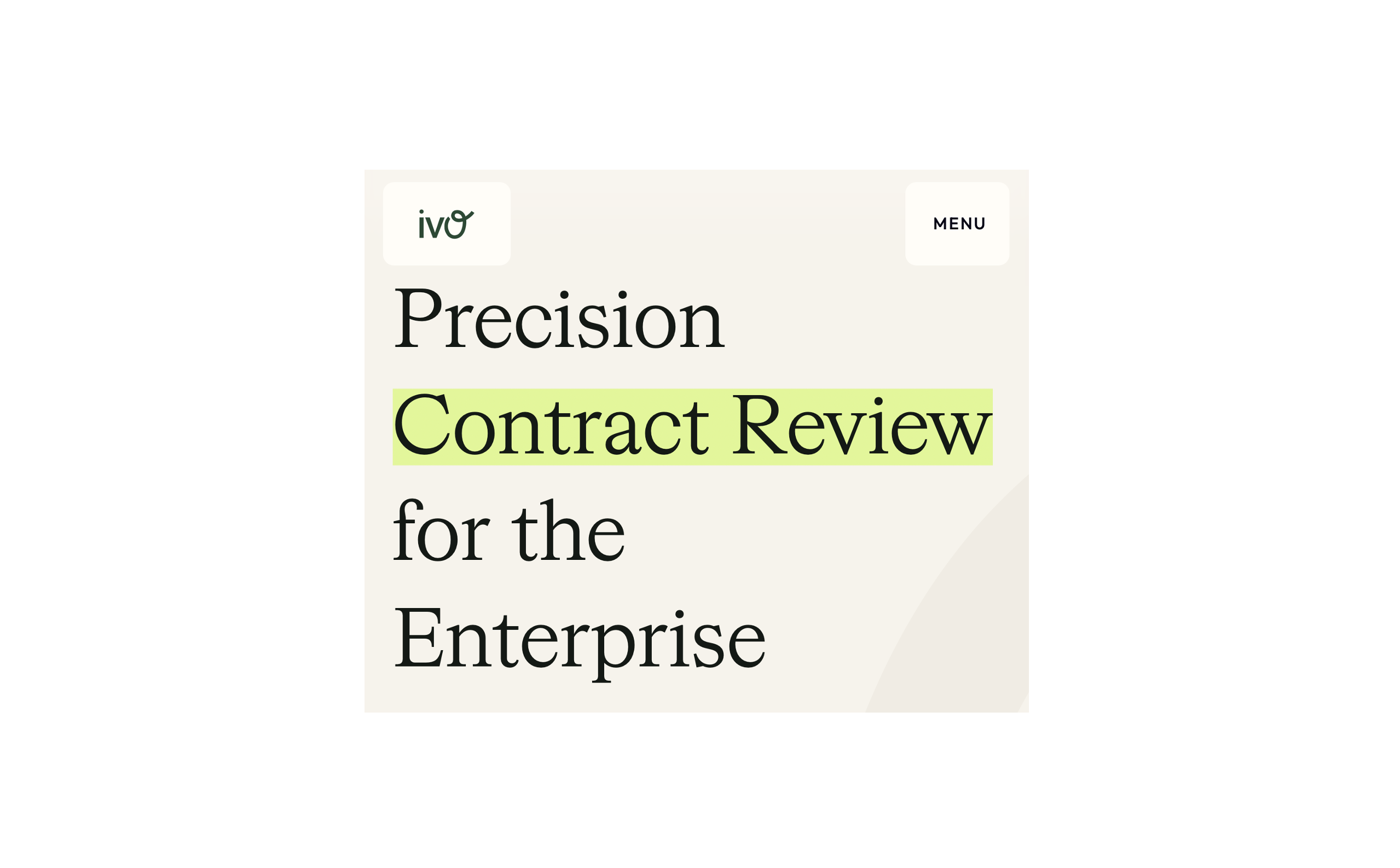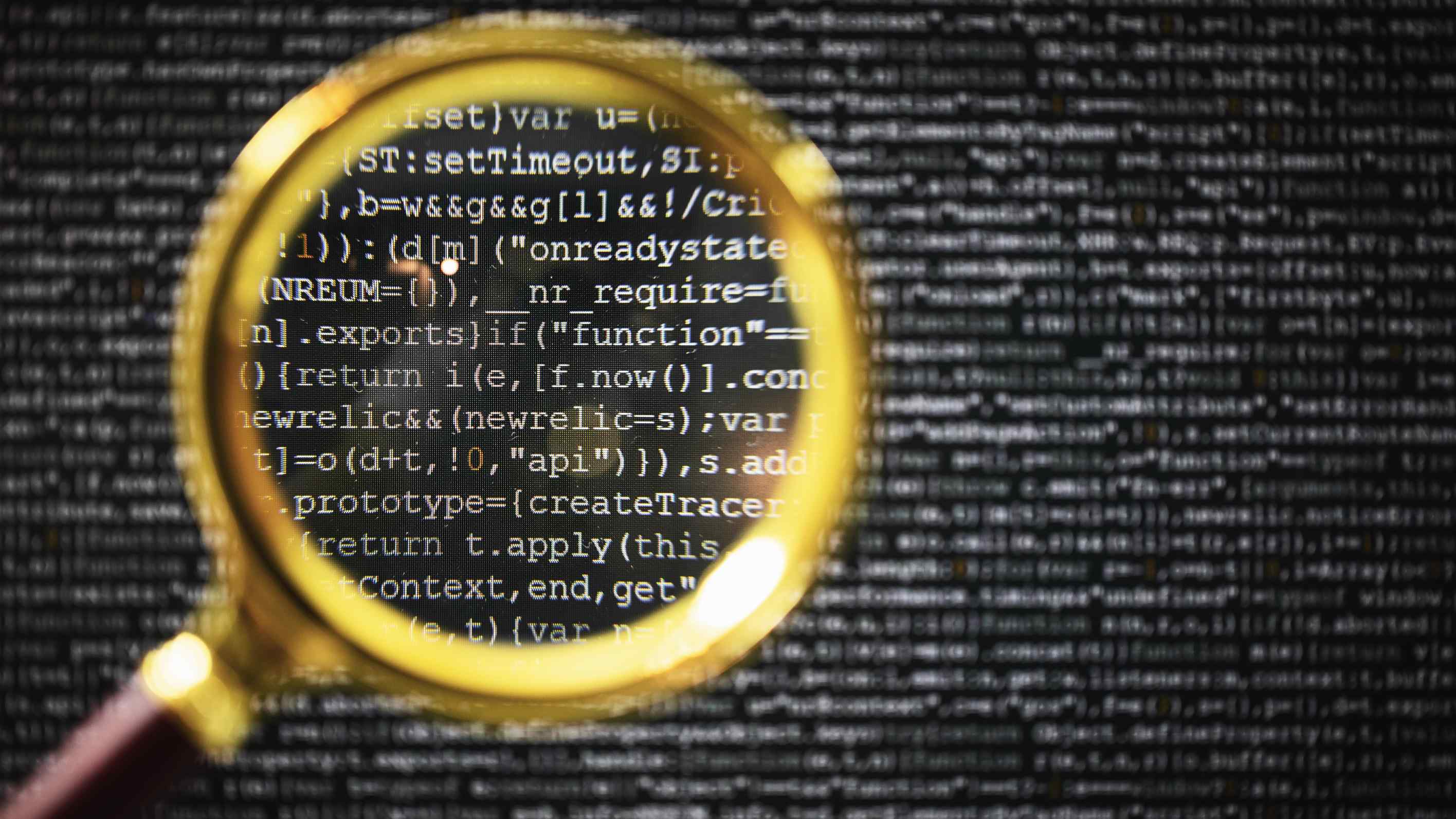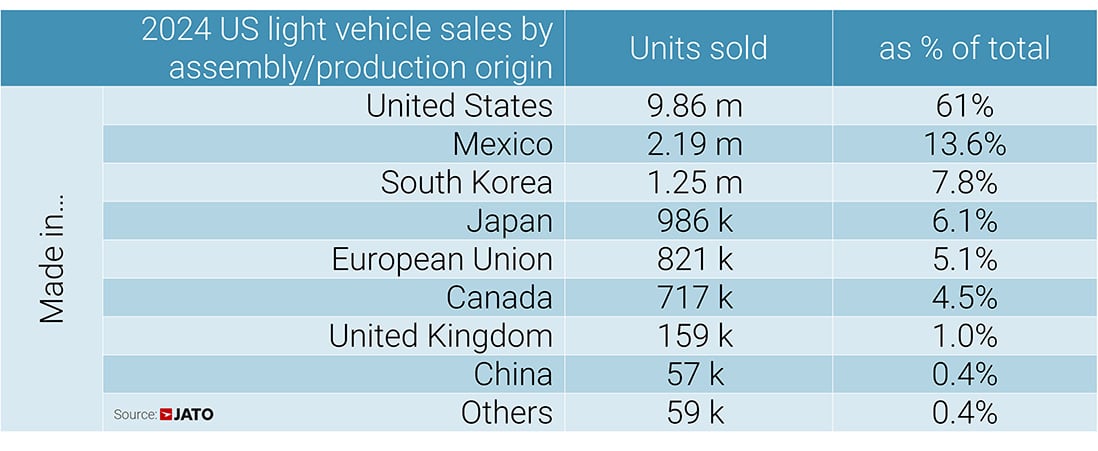Another wonky critique of determinism in a review of Sapolsky’s book “Determined”
I’ve read Robert Sapolsky’s book Determined: A Science of Life Without Free Will, and it’s pretty good, making a material—in his view, neurological—case for determinism, though the book is a bit long and can be tedious in parts if you don’t want to plow through a lot of neurobiology. But I think that in the … Continue reading Another wonky critique of determinism in a review of Sapolsky’s book “Determined”

I’ve read Robert Sapolsky’s book Determined: A Science of Life Without Free Will, and it’s pretty good, making a material—in his view, neurological—case for determinism, though the book is a bit long and can be tedious in parts if you don’t want to plow through a lot of neurobiology. But I think that in the end he makes his case (of course, I’m a hardcore determinist so I’d agree!). If you don’t want to read 528 pages, there’s also Sam Harris’s Free Will or Gregg Caruso’s books on free will (he’s a determinist).
But Sapolsky’s book has gotten some negative reviews, and I should have realized that writing about determinism will immediately get people’s hackles up, because their feeling of having free will (and I’ll be talking here about libertarian “you-could-have-chosen-otherwise” free will) is so strong that they can brook no determinism. I’ve already recounted how I was menaced by a a jazz musician for intimating that is “extemporaneous” solos were determined before he ever played them, and was also kicked out of a friend’s house simply for calmly espousing and explaining determinism. As I always say, it’s harder for me to convince a creationist that evolution is true than to convince a “free willer” that determinism is true. And there are a lot more of the latter than the former!
But of all the reviews I’ve read of Sapolsky’s book, by far the worst just appeared in what was once a great venue, the New York Review of Books. (It went downhill fast when its wonderful editor Robert B. Silvers died in 2017.) The review is free to access (also archived here), and you can read by clicking on the headline below. It shows no understanding of the free-will controversy, or of science itself, and offers no alternative to determinism (it has to be some magical nonphysical agent that can affect material objects), though I suspect the author, because of her frequent references to God and theology, might believe that free will has a goddy supernatural origin. (Even if it doesn’t, libertarian free will has to rely on something supernatural.) Here’s the description of the author from the NYRB:
Jessica Riskin is the Frances and Charles Field Professor of History at Stanford. She is currently writing a book about the French naturalist Jean-Baptiste Lamarck and the history of evolutionary theory. (February 2025)
Although I’m usually loath to dwell on credentials, a historian, even of biology, is not the person to review Sapolsky’s book. Perhaps a philosopher or a neurologist, but I can explain the pervasive awfulness of Riskin’s review only by appealing to massive ignorance of the topic.
I really don’t want to go through this long review bit by bit, but I’ll highlight a few weird things.
Ignorance of science. Riskin doesn’t realize that getting evidence for phenomena (e.g., evolution) is very often a step-by step-process: you have an initial hypothesis, and then you either reinforce or reduce the likelihood of its being true with new data. This is a Bayesian approach, though often it’s implicit rather than specified using Bayes’s theorem. You don’t “prove” determinism or free will, you simply gather evidence that makes one of them more likely. I would note that determinism should have high priors simply because our brains and bodies and environments, the source of our behaviors, affect our behaviors materially–usually through neuronal wiring. (That’s why Sapolsky concentrates so much on neurons.) And material objects universally obey the laws of physics.
Riskin WANTS determinism to be proved, and says that Sapolsky doesn’t do it. But I say she’s put the bar too high, that Sapolsky makes a good case and that, combined with the presupposition that true libertarian free will must involve forces that we don’t know about—while the laws of physics appear to apply universally—should put Riskin on the defensive (which she is).
Not only are we “not captains of our ships,” he writes, “our ships never had captains. Fuck. That really blows.” (This gives a taste of Sapolsky’s late-night-dorm-room literary style.) [JAC: it’s not ALL like that, so her comment is inaccurate.]
How does he know? Because of science. Sapolsky tells us that “the science of human behavior shows” it to be deterministic. But none of the scientific evidence he offers turns out to demonstrate this. He describes psychological studies revealing changes in people’s electroencephalograms (EEGs) taking place milliseconds before they were aware of making a decision, but he dismisses these—reasonably enough—as “irrelevant.” He presents other studies demonstrating that people can be subconsciously manipulated; that hormones, cultural beliefs, and moral values influence behavior; and that maturation, aging, and experience induce alterations in people’s brains and bodies with corresponding behavioral changes. After each discussion he asks, “Does this disprove free will?” and responds—again reasonably—with “nah,” “nope,” “certainly not,” and “obviously not.” Readers might wonder, equally reasonably, why they’ve slogged through all this irrelevant nonevidence.
That might be a fair criticism of Sapolsky’s style, but I don’t remember him saying that this evidence is irrelevant (it’s been a while since I read the book). But I do think that predicting behaviors before one is conscious of performing them raises the priors of determinism, as do the many, many ways that you can trick people into thinking they have agency when they don’t (brain stimulation, effects of drugs, computer experiments) or thinking they are not doing something consciously when they are (Ouija boards). Sean Carroll’s essay “On Determinism” (with extensive quotes by Massimo Pigliucci) makes a good case that the universality of the laws of physics leaves no room for libertarian free will. (Sean is a compatibilist and, although a determinist, says we have “free will” in a different sense. Dan Dennett used to say the same thing.)
More waving away of the notion of proof:
Science can’t prove there’s no free will because the question of free will is not a scientific question but a philosophical one. To misrepresent it as a scientific question is a prime example of scientism—extending the claims of science beyond its bounds. Here’s another from Sapolsky’s final chapter: “What the science in this book ultimately teaches is that there is no meaning.” This might sound like the opposite of saying that science shows there’s a divine intelligence behind the world-machine, but it’s the direct descendant of that earlier claim, and comes to the same evacuation of meaning and agency from the mortal world. This isn’t a scientific proposition. It remains what it has been from the beginning: a theology.
This is wrong. One can gather data for and against determinism. If, for example, we found out that people could move objects by thinking about them, that would suggest that there is some nonmaterial brain force that can actually influence events, buttressing (but not “proving”) the case for free will. And saying that determinism is “a theology” is also wrong, for theology in the West is involved in exegesis of the Bible and beliefs in a supernatural being.
What’s the alternative to determinism? Here Riskin is silent, though it looks from her frequent references to God and theology that she sees divine action as a possible counter to determinism and a buttressing of free will. (I can’t be sure of this, though, as Riskin doesn’t lay out what she sees as a viable alternative to determinism.) Riskin has described herself as a “Jewish atheist”, and given that she herself doesn’t see divine provenance out there, the onus on her is to admit that she is invoking some kind of supernatural but non-Goddy action.
Her only argument seem to be that because people look like they have “agency” (and they do in the trivial sense of being able to do things), this is evidence for free will. For example, this part seems deeply confused:
It’s because the many factors influencing behavior, Sapolsky thinks, place the burden of proof on defenders of human agency. It’s they who need to show that neurons are “completely uninfluenced” by any external factors and that “some behavior just happened out of thin air.” But why must human behavior be either deterministic or impervious to any influence? Sapolsky doesn’t explain; he takes as given that to show any influence at all is to show a determining influence. Similarly, he writes that we have “no control” over our biology, culture, or environment. Sure, we don’t control these things, but there’s an important difference between not controlling something and having no effect on it, or at least so anyone with teenagers is inclined to hope. Biology isn’t insulated from behavior any more than behavior is from biology. As Sapolsky himself points out, virtually everything a person does has an effect on their physiology. And a wealth of empirical evidence from Aristotle to Oprah suggests that people can indeed have cultural influence.
What is the sweating reviewer trying to say here? That there is some free will? I cannot tell. In fact, her own confusion and incoherent arguments seem to be imputed to Sapolsky, as if he doesn’t know what he’s talking about. I’ve read the book, and I disagree. And “cultural influence” my tuchas! What does that have to do with refuting determinism?
Is there a god in this argument? The author makes the old “why is there something instead of nothing” argument:
Sapolsky’s turtles are of course metaphorical; they stand for deterministic causes, and by “a turtle floating in the air” he means a magical event. We must accept a strictly causal chain extending back to the beginning of time or acknowledge that we believe in miracles. But why are these our only choices? And are they really so different? Wouldn’t a chain of deterministic causes imply a miracle of some sort at the beginning—the old infinite regress problem rearing its domed shell again?
Yes, and we don’t know why there is something instead of nothing, though there have been some scientific suggestions that do NOT involve miracles. And obviously since Riskin is an atheist, she doesn’t believe in miracles. So what is her answer. She doesn’t tell us.
More touting of “agency:
Sapolsky tells the story of Phineas Gage, who suffered a metal rod through the brain while working on a construction site in Vermont in 1848 and was never quite the same afterward. He offers Gage as evidence that people’s personalities depend on their “material brains,” which he thinks poses a challenge to anyone who wants to defend the idea of free will. But why should the fact that humans and their brains are made of material parts mean there’s no such thing as human agency? There’s a good answer, but it’s historical rather than scientific: because determinism retains crucial elements of the theology from which it arose, according to which the material world was a passive artifact lacking any agency of its own.
It would be nice if Riskin would tell us what she means by “agency”. Real “I could have made either choice” agency or simply the appearance of agency? The intimation that determinism is a form of theology again arises, but denial of free will in the world is simply not theology. It’s analogous to denial of a supernatural being, which Riskin presumably does in her atheism. Is this atheism theological?
I won’t go on here, as I don’t want to waste my time. I will simply say that Riskin sounds like she’s trying to be clever, but in so doing fails to confect a consistent argument against determinism. Her sniping at Sapolsky may occasionally hit home, but she comes nowhere close to dispelling determinism, simply because she doesn’t engage in the necessarily arguments. Read for yourself how she throws in lots of historical figures like Darwin and Paley and Laplace to show her erudition, but doesn’t deal with what libertarian free will would really entail.
This egregious review also goes to show how far the mighty New York Review of Books has fallen. Yes, it likes cleverness and erudition, but in the old days it also liked substantive arguments in its reviews. Riskin doesn’t provide any. But don’t take my word for it; if you’re interested in the topic, read the review and see if you can find any structure or coherence in it.
h/t: Barry















































































